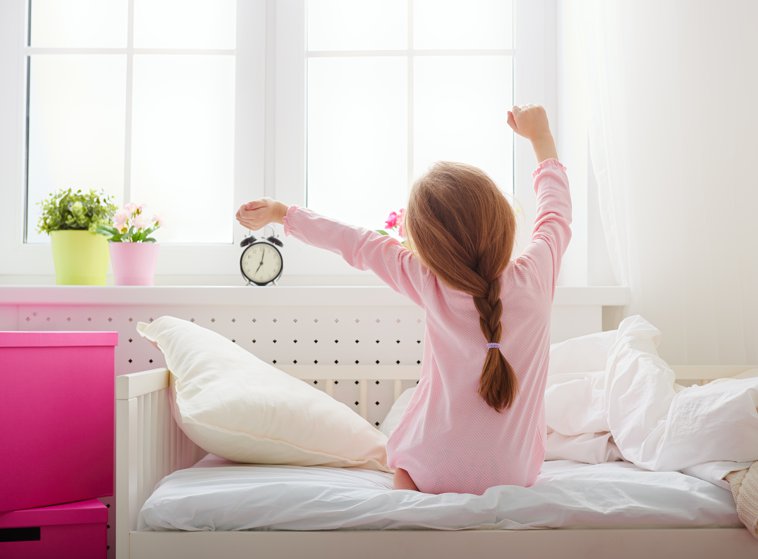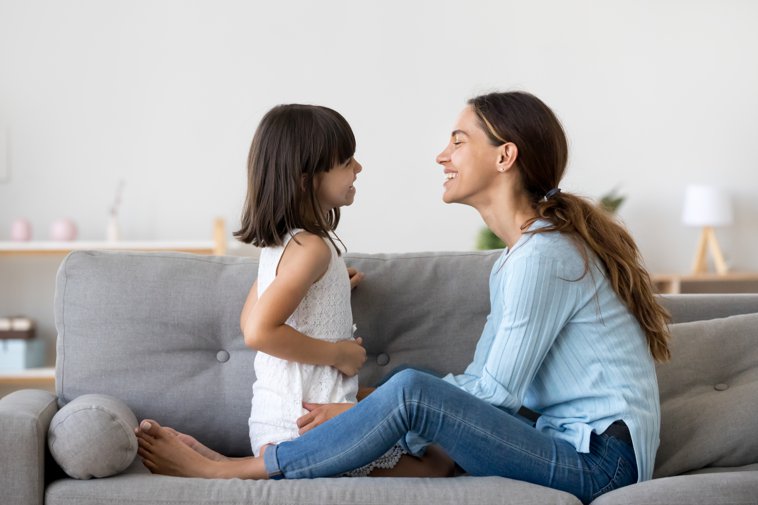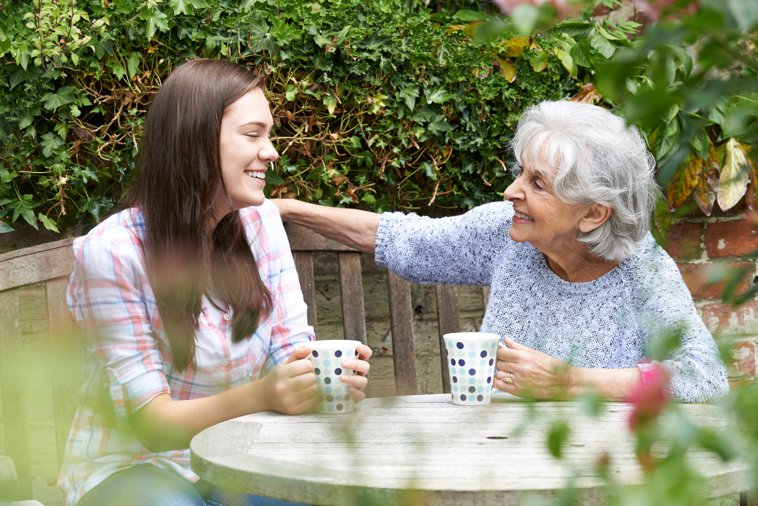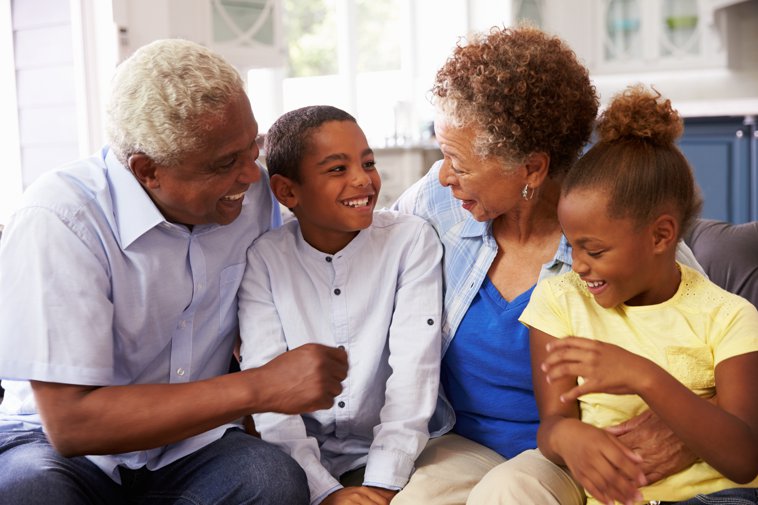Buenos Días
Buenos Días
Buenos días is the most common way to greet people in the morning in Spanish, but it's not the only way! You can also say ¡Buen día!. Both can be used in formal and informal settings.
Even though día ends in an a, it is a masculine noun, and that’s why we say buenos días and buen día, and not buenas días.
Buenos días.(Good morning.) Buenas días. Buen día.(Good morning.) Buena día.
Responses to Buenos Días
When someone says buenos días to you, how should you respond? You can simply repeat ¡Buenos días! or ¡Buen día!, or you can up your game with the informal Buenos días también para ti.(Good morning to you, too.) or the formal Buenos días también para usted.(Good morning to you, too.).
| examples |
|---|

| examples |
|---|

More Morning Phrases
Of course, this is just a start. After saying buenos días, there are lots of other phrases you can use to greet someone in the morning:
Let’s take a look at some of these phrases in a conversation:

Terms of Endearment
When you say buenos días to a loved one in Spanish, it is common to add a term of endearment.
For example:
| examples |
|---|
Here is a list of more terms of endearment you can use when greeting a loved one in the morning.
Check out these articles to keep learning other greetings in Spanish!














